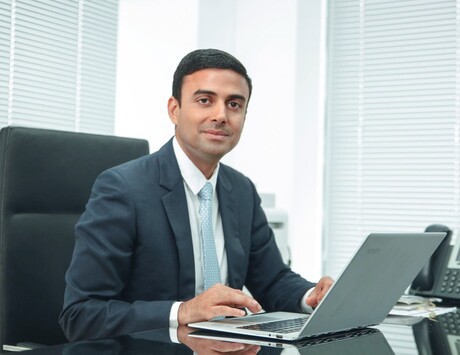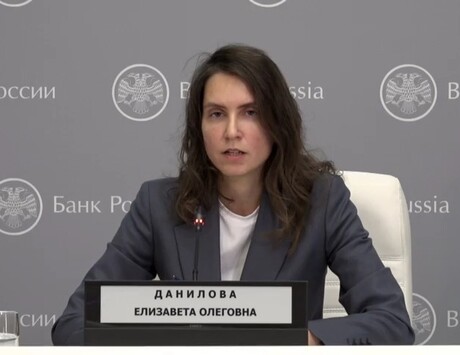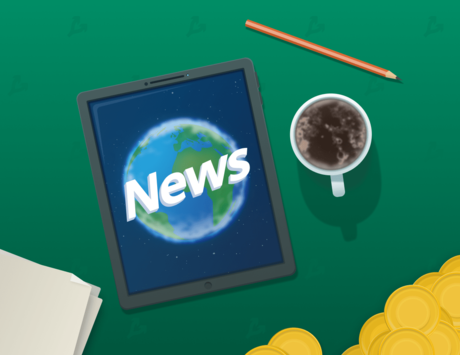Billionaire Alexander Lebedev encapsulated the difference between Russia's sovereign democracy and the plain old democracy put into practice since the days of Aristotle by writing these words on his blog after Vladimir Putin declared victory in the presidential election: "We know the results of the election, but we have no idea about Russia's future after the election."
In a normal democracy, the results of elections are not usually known in advance, but voters do know the various candidates' platforms and can easily predict the policies of the president-elect.
In Russia, exactly the opposite is true. Putin's victory was known in advance, but since the president-elect made no cogent policy statements, the future of the country is the "great unknown."
There are really only three possible scenarios.
The first scenario is preservation of the status quo, which was sold to the voters under Putin's trademark promise of "stability."
In politics, this is imitation politics with tame parties and leaders; a parliament that, in the apt words of former Speaker Sergei Gryzlov, is "not a place for discussion"; and the absolute power of the president, who stands above political parties, state institutions and even the law.
In the economy, this is illustrated by continued state expansion in business and high levels of corruption. Some commentators predict a quiet redistribution of assets from "outsiders" — Russian businessmen and foreign companies who have proved to be insufficiently loyal to the ruling clan — to "insiders" close to the president's inner circle.
However, there is one major obstacle to "Putin's plan" — simple mathematics.
According to analysts in the Fitch rating agency, Putin's electoral promises alone will cost $160 billion in six years, while the federal budget will run up deficits even if the average price of oil is $110 per barrel.
As the economist Andrei Illarionov noted on his blog: "Since January 2011, industrial output has grown at the rate of 1.4 percent annually. While this is still growth, in economists' professional slang it's called 'stagnation.'"
Most important, the events of this "hot winter" have shown that large groups of Russian citizens see stability as a curse, not a benefit.
The demands for political and economic liberalization shouted by the new middle class at rallies are shared by some members of the elite — both politicians who supported the protests and businessmen who were willing to fund them.
As Yevgenia Chirikova, one of the leaders of the protest rallies, noted ironically on her blog: "We're very grateful to Mr. Putin for being deaf and blind for so many years. This has provided an education to many protest groups, which now have a rich experience in fighting the system of crooks and thieves."
The Kremlin, to its credit, took note of the sea change in political mood and responded with surprising speed. Even before the presidential election, legislation was quickly drafted in response to the protesters' demands. In this legislation, governors would be elected once again, the upper chamber of the parliament would be formed more democratically, and true opposition parties would be allowed to exist. In an act of great symbolic importance, President Dmitry Medvedev formally requested prosecutors to review the case against former Yukos CEO Mikhail Khodorkovsky.
This has the potential of opening the way to the second scenario — liberalization.
In this scenario, there would be a new political course under Putin 2.0. While Russia wouldn't become a free country overnight, at least it would gradually change and no longer look like a freakish hybrid of Belarus and Zimbabwe.
Unfortunately, very few people believe in the liberal scenario, if only because Putin 2.0 must dismantle the very system that the previous Putin versions built up over the past 12 years. A joke making the rounds sums it up nicely: Presidential candidate Vladimir Putin promised to correct the mistakes made by the government under Prime Minister Vladimir Putin, who inherited all the problems from former President Vladimir Putin.
All this raises the likelihood of the most pessimistic scenario — a tightening of the screws. In this scenario, all the liberal draft legislation would, at best, be emasculated and at worst be simply tossed out. Protests would be curtailed through selective repressions. The Internet and the few remaining independent media outlets would come under fire.
In the foreign policy arena, this would mean fanning tensions with the West and supporting rogue states like Russia is doing now with Syria and Iran. This policy not only reflects the rabidly anti-Western ideology of the clan of siloviki and Putin personally, but also serves them economically by raising oil prices.
Today, alas, the pessimistic scenario is the most likely.
On the other hand, there have been a number of surprises over the past few months. They give hope that other possible scenarios might appear to lead the country out of the dead end that it is now in thanks to the efforts of its new-old leadership.



